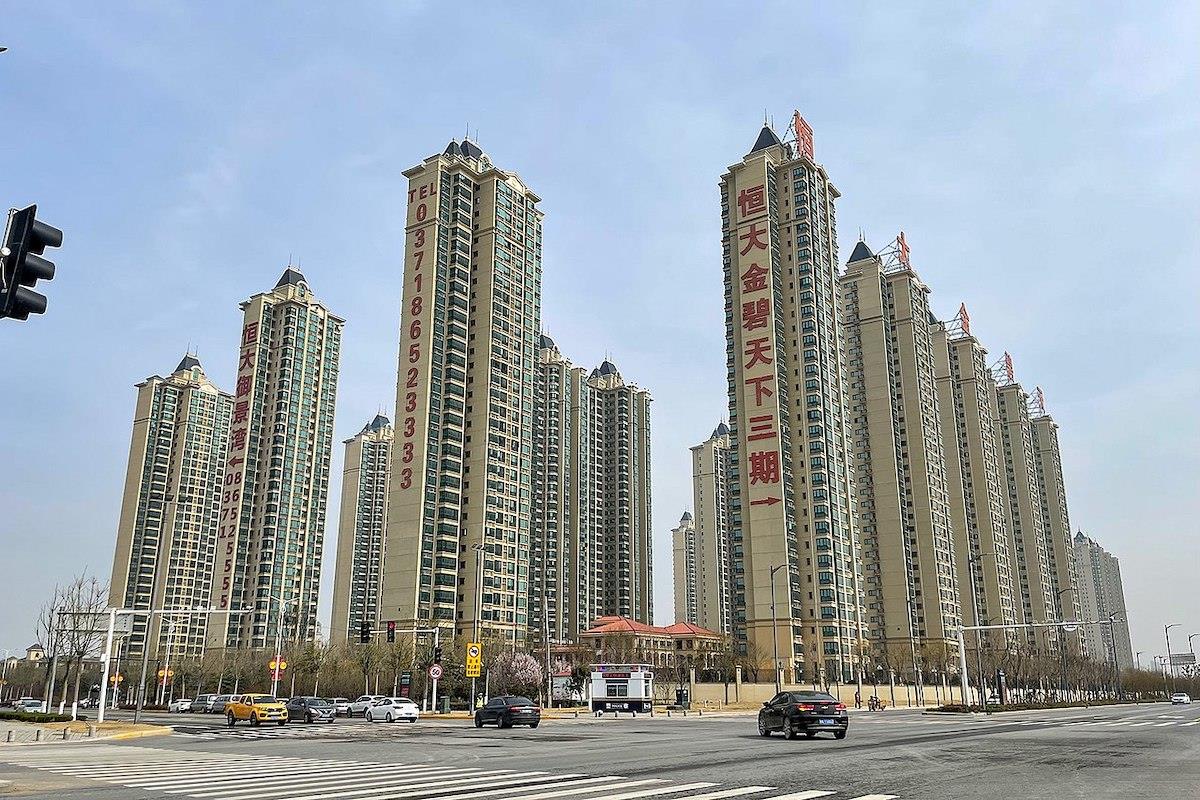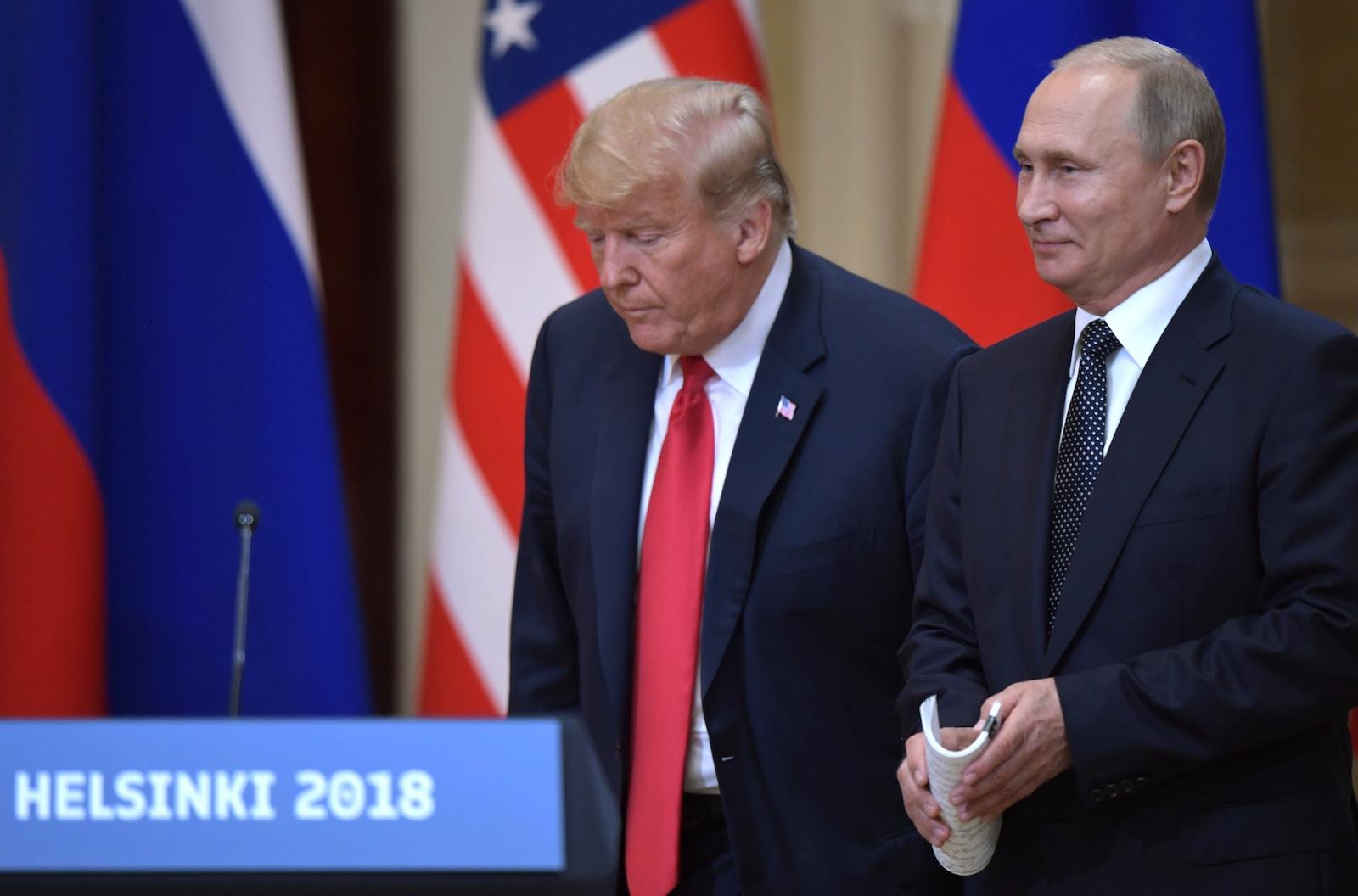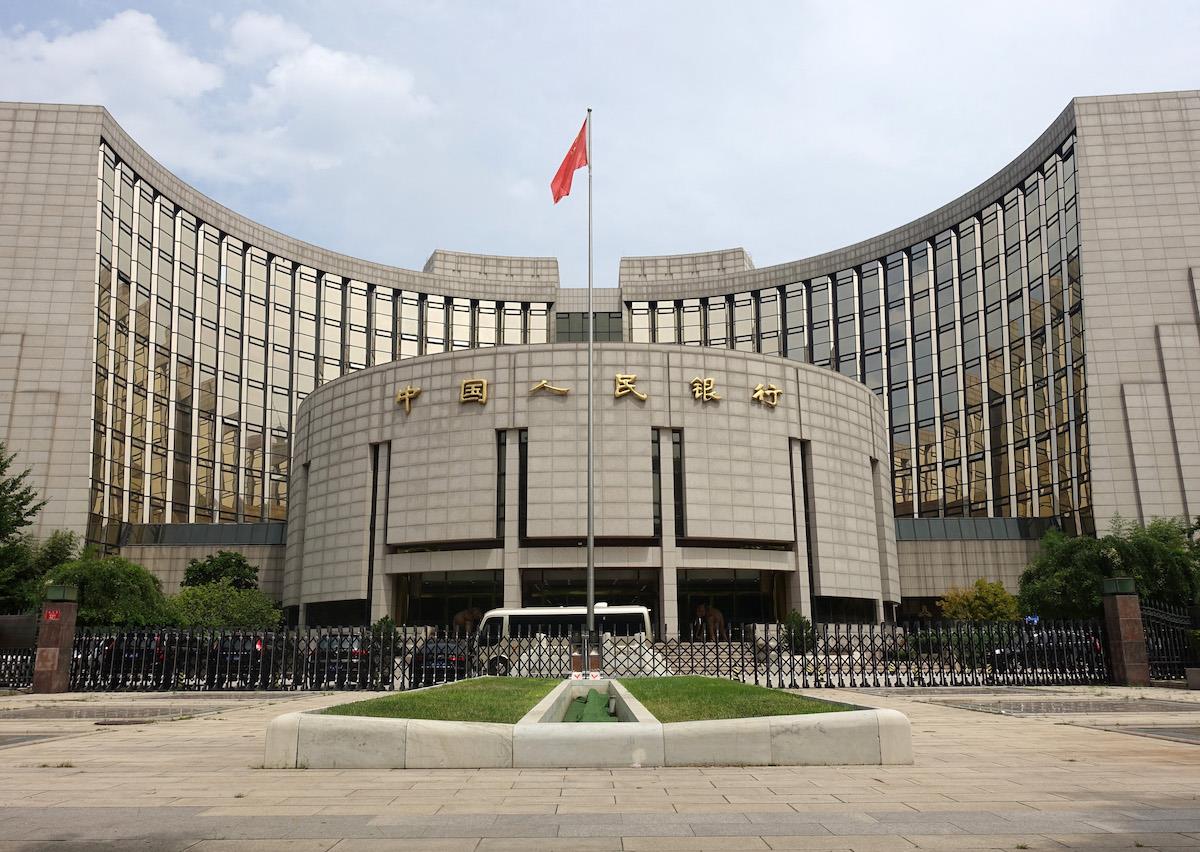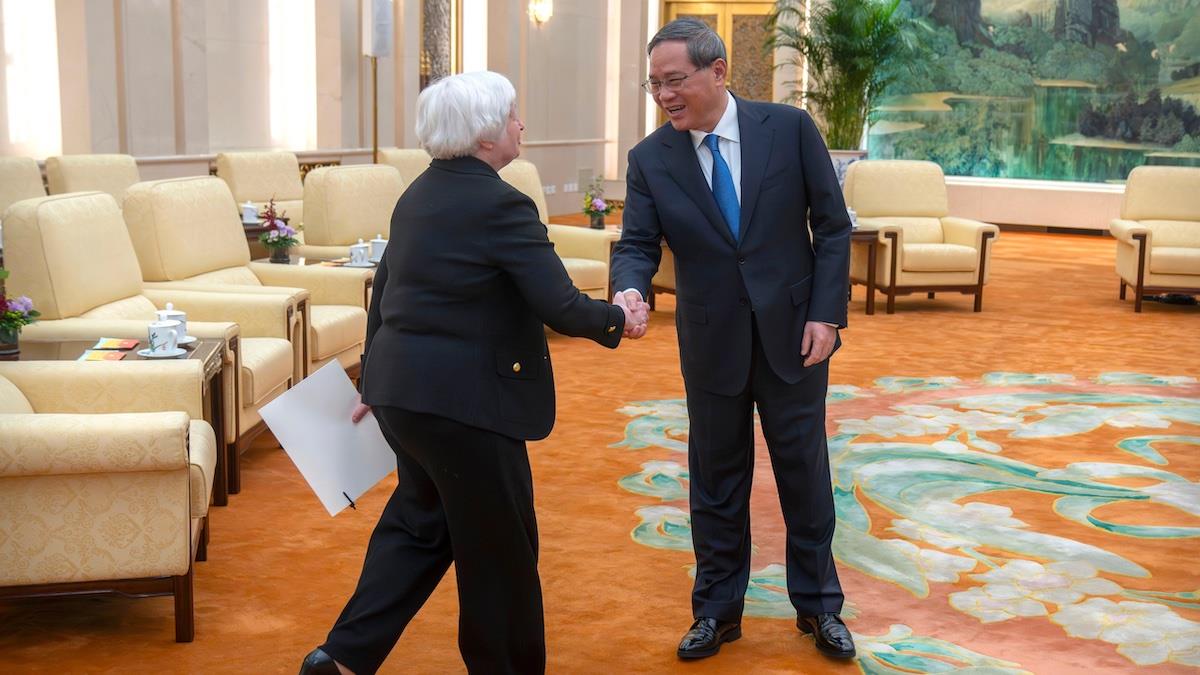
What China Can Learn From Japan About Burst Bubbles
The final collapse of Chinese real estate giant,
Evergrande , is the latest evidence – as if any were needed – that the
People's Republic of China
(PRC) is awash in bad debt.
There has always been bad debt in the PRC. But now it's mammoth. Like Texas, in China, everything is bigger – even if not better. The men in Zhongnanhai are rightly worried.
First a tutorialBad debt: Someone borrows money and provides collateral to the lender. If repayment isn't made according to loan terms the loan is declared in default. Then the collateral is seized to compensate the lender for the money lent.
The debts often involve borrowing to purchase real estate but can be on other assets too.
Enough loan defaults lead to ripple effects and loss of confidence throughout the entire economy. This in turn leads to more bad debt.
Banks themselves get in trouble. They may have collateral – but nobody will buy it as people don't have money or don't know what it is worth.
A government needs to clean things up and dispose of the debts or else it gums up the entire economy. Think
recession
or even depression.
A recent article in the Financial Times was filed by Gillian Tett, who had ably reported from Japan in the 1990s. She suggests China could learn from Japan's experience cleaning up its own massive bad loan problem in the 1990s and well into the 2000s – following a real estate lending mania during the 1980s “bubble” economy when the entire nation seemed to go insane.
Learning from Japan?As an executive with a foreign bank, I had a front-row seat to the cleanup effort. There are lessons, but I doubt Xi Jinping is interested. The first lesson the Chinese Communist Party (CCP) might learn from Japan is the need for an honest, impartial legal system that's free of official influence.
Then there's the simple ability to enforce a contract. Next, you need guaranteed property rights. And all of these flow from a system of consensual government.
Japan had all of these. The People's Republic of China does not – and appears intent on keeping things that way. Otherwise, party control is threatened.
There is only one hand guiding the Chinese economy and it is the hand of the CCP.

Legal Disclaimer:
MENAFN provides the
information “as is” without warranty of any kind. We do not accept
any responsibility or liability for the accuracy, content, images,
videos, licenses, completeness, legality, or reliability of the information
contained in this article. If you have any complaints or copyright
issues related to this article, kindly contact the provider above.
























Comments
No comment